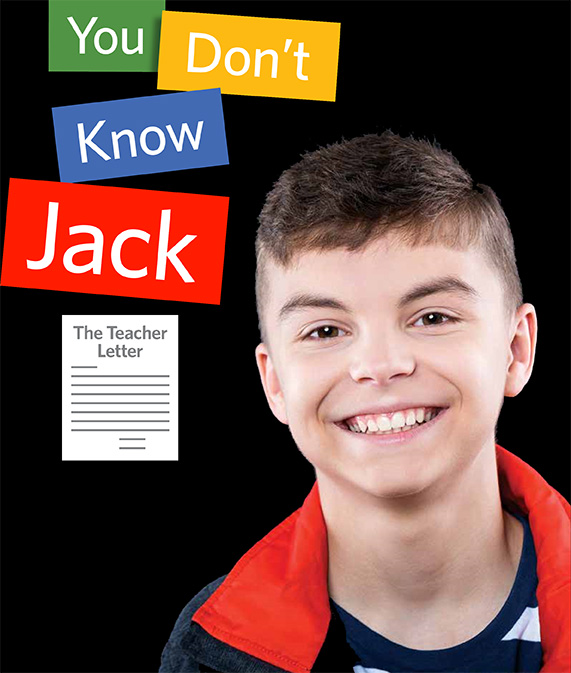Home-School Collaboration: It’s Important for Children with ADHD
BEHAVIOR THERAPY is an evidence-based psychosocial treatment for children with ADHD. It uses a behavioral approach to provide support on how to change antecedents (such as effective instructions or routines) and consequences (such as rewards or loss of privileges) to decrease challenging behavior and enhance positive behavior on the part of the child. Positive effects…
Read MoreBuilding Relationships in the Classroom
SCHOOL CAN BE A VERY LONELY PLACE for children with ADHD or learning differences. Thanks to programs like Sanford Harmony, their school lives may soon feel far more welcoming. Sanford Harmony is an innovative, social-emotional learning curriculum that provides classroom teachers with tools and strategies that help all students feel they belong and have something…
Read MoreManaging Inattentive ADHD with Psychosocial Treatments
INATTENTIVE ADHD is the most common form of ADHD. It is less well recognized than other forms of ADHD, however, because overactivity and disruptive behaviors are usually not a concern. Instead, regulating attention and executive dysfunction (difficulty planning and organizing goal-directed behavior) are the primary reasons children with this form of ADHD struggle at school…
Read MoreAsk the Expert: ADHD & Executive FunctioningAsk The Expert
You Don’t Know Jack: The Teacher Letter
FOR YEARS, WE APPROACHED EACH NEW SCHOOL YEAR with renewed hopes and rejuvenated expectations. Certainly, we thought, this would be the year when everything clicked and our son Jack would take off like a rocket through the academic stratosphere. The trials and tribulations of the last year would be lost like so many discarded booster…
Read MoreTeacher to Teacher: Supporting Students with ADHD
Designed By Teachers For Teachers by Trish White EXPERTS ESTIMATE THAT A TYPICAL CLASSROOM in the United States with thirty students will have three children with ADHD, and this number is expected to rise. Approximately 6.4 million US children ages 4-17 have been diagnosed with ADHD, an increase of 42 percent in the past eight…
Read MoreFrom My Classroom to Yours: Supporting ADHD with Mindfulness Techniques
IT’S JUST ABOUT 2:30 PM and my second-grade students are eager to end our busy day with a closing meditation. This afternoon activity has become a habit and one of our favorite parts of our daily routine. For the past several years, I have included yoga and mindfulness practices in my second-grade classroom. Practicing mindfulness…
Read MoreProject-Based Learning
DURING HER PRESENTATION at CHADD’s 2016 annual conference, Susan Kologi, PhD, spoke of the potential advantages of project-based learning (PBL) over more traditional teaching methods when working with students with ADHD. Kologi, the academic director of Novitas Academy in Emmett, Idaho, successfully integrated PBL into the school day and saw firsthand how her students with…
Read MoreWriting Effective 504 Plans
GUIDANCE FROM THE OFFICE OF CIVIL RIGHTS at the US Department of Education, consisting of a Dear Colleague Letter and Resource Guide on Students with ADHD (2016), has made it clear that many students with ADHD qualify for school 504 plans. Their plans will only be meaningful if parents and schools collaborate to write plans…
Read MoreLeft Out: How Teachers Can Help Change a Student’s Negative Reputation
MANY CHILDREN WITH ADHD ARE SOCIALLY EXCLUDED by their classmates at school. Other students are reluctant to work with them. At recess, peers say that children with ADHD can’t play. These experiences can be painful and make school an unpleasant place. For this reason, it’s important to help children with ADHD to develop better relationships…
Read MoreReduce Anxiety and REACH for Success
CAN WE PREVENT AND REDUCE significant anxiety in students in grade three through six? REACH for Success (REACH for short) teaches children in that age group how to prevent, reduce, and cope with higher than average anxiety symptoms at school, on the playground, and at home. Program developers will start offering REACH to schools that…
Read More



